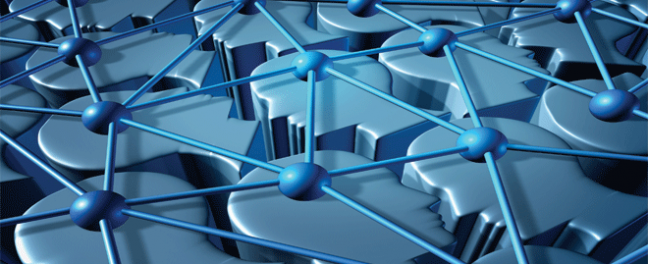A bank is robbed and when the police arrive and take statements from the 3 customers they get 3 different stories. Why is that? Didn’t they all see the same thing?
You and a friend have a disagreement about what happened at some event in the past. Didn’t you both see the same things?
Yes for both.
But, what each person chose to process into memories was different.
The explanation starts with our basic, agreed upon, 5 senses are bombarded with external stimuli constantly but we do not always notice it because the human mind filters out what is not important to us (over simplification). There have been studies that tell us the human mind can process a small portion of all the possible information our senses are picking up (the numbers will be filtered out by some of you so I’ll leave them out).
The actual filters we have can be broken down into the following:
- Time, Space, Matter, and Energy – We will save this one for another day since a discussion on the quantum level can take us far astray.
- Language – What we use to label our experiences. The limits of our language limit our ability to classify, explain, and store our experiences.
- Memories – What we chose to store in the past, building our foundation for understanding and relating to the world around us.
- Decisions – What we have decided in the past and how things turned out (memories)
- Meta Programs – Preprogrammed ways in which we each process information. Such things as introvert or extrovert (another long discussion and breakdown of these to follow in the future).
- Values and Beliefs – Values are what you value i.e., strong attractions and repulsions, while beliefs are what you have chosen to believe as true and false. Yes, beliefs are actually decisions you made at some point. Both are usually at a very deep subconscious level and not in general awareness.
- Attitudes – Similar to Values and Beliefs but at a much more conscious level of awareness.
As we filter the data and then process it using 3 basic modeling techniques: deletion, distortion, and generalization.
Deletion is easy to understand – we just ignore certain things and do not process it. Take the person new to New Your City walking into Time Square. Wow – sensory overload! Now the same person, months later, rushing through Time Square daily on the way to work not noticing a thing. They just tuned it all out or deleted it.
Distortion is where we change something into what it is not; we alter our perception of the sensory input. If we are confronted with contradictory information we may change a piece to help it make sense. Reading a novel we can build richer experience than what is written in words.
Generalization is where we take something specific and apply it to a wider scope. It is a great tool for learning something new. Take for instance a chair. You say it is something to sit in. If you see something strange that could be sat in you can generalize it to being a chair without knowing exactly what it is.
As we look at these basic tools of our minds we can see why remembering something is uniquely personal. How will you remember this?




























